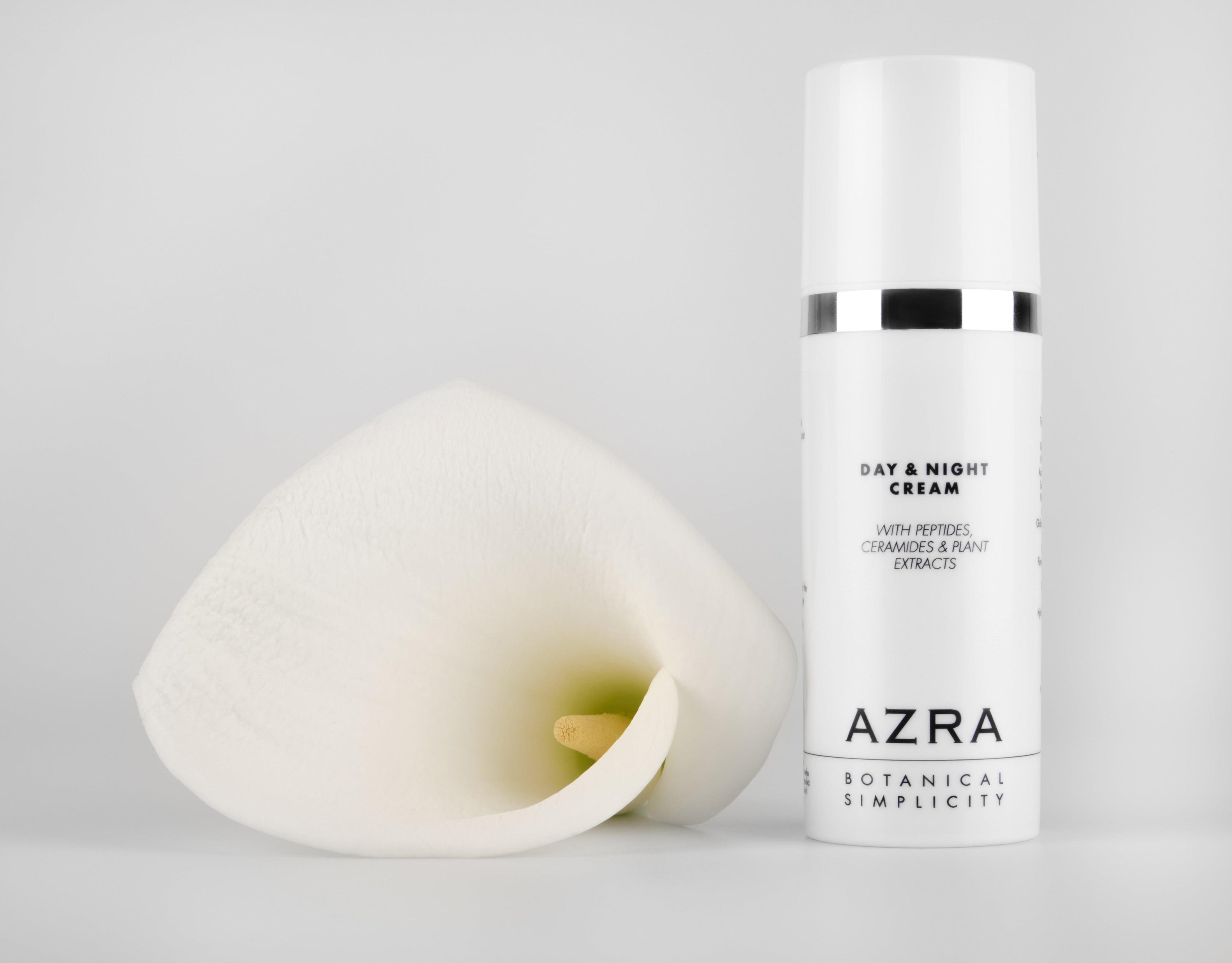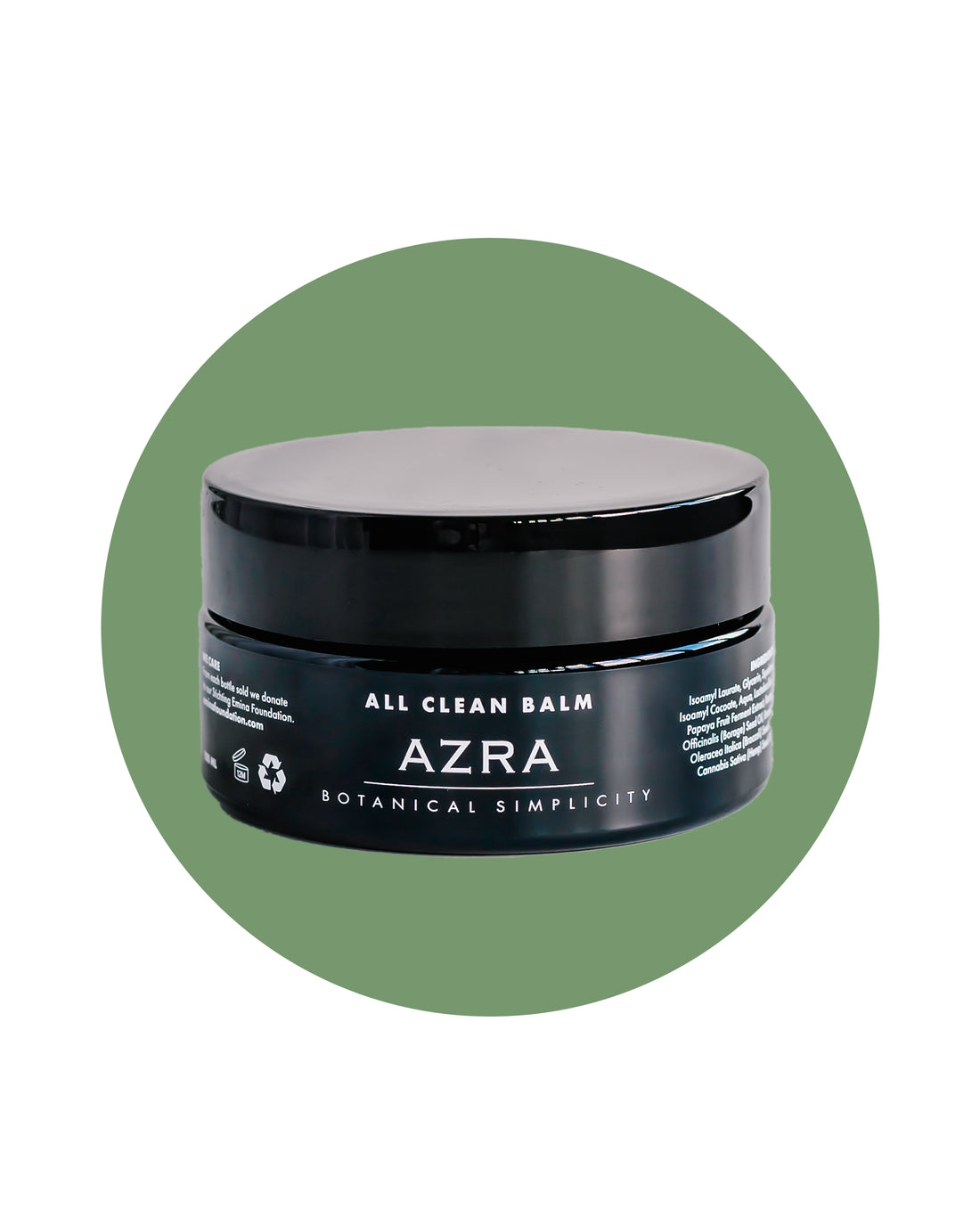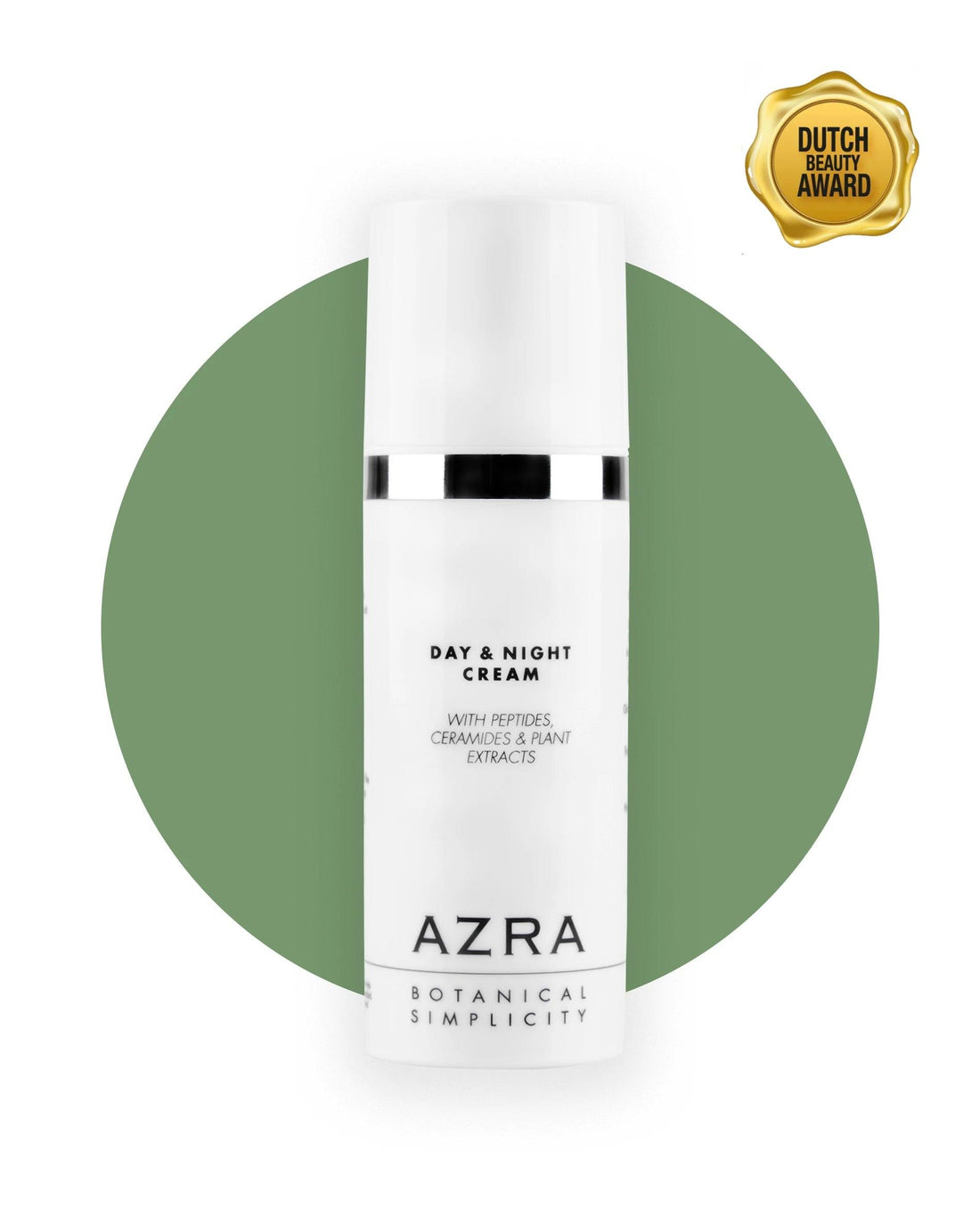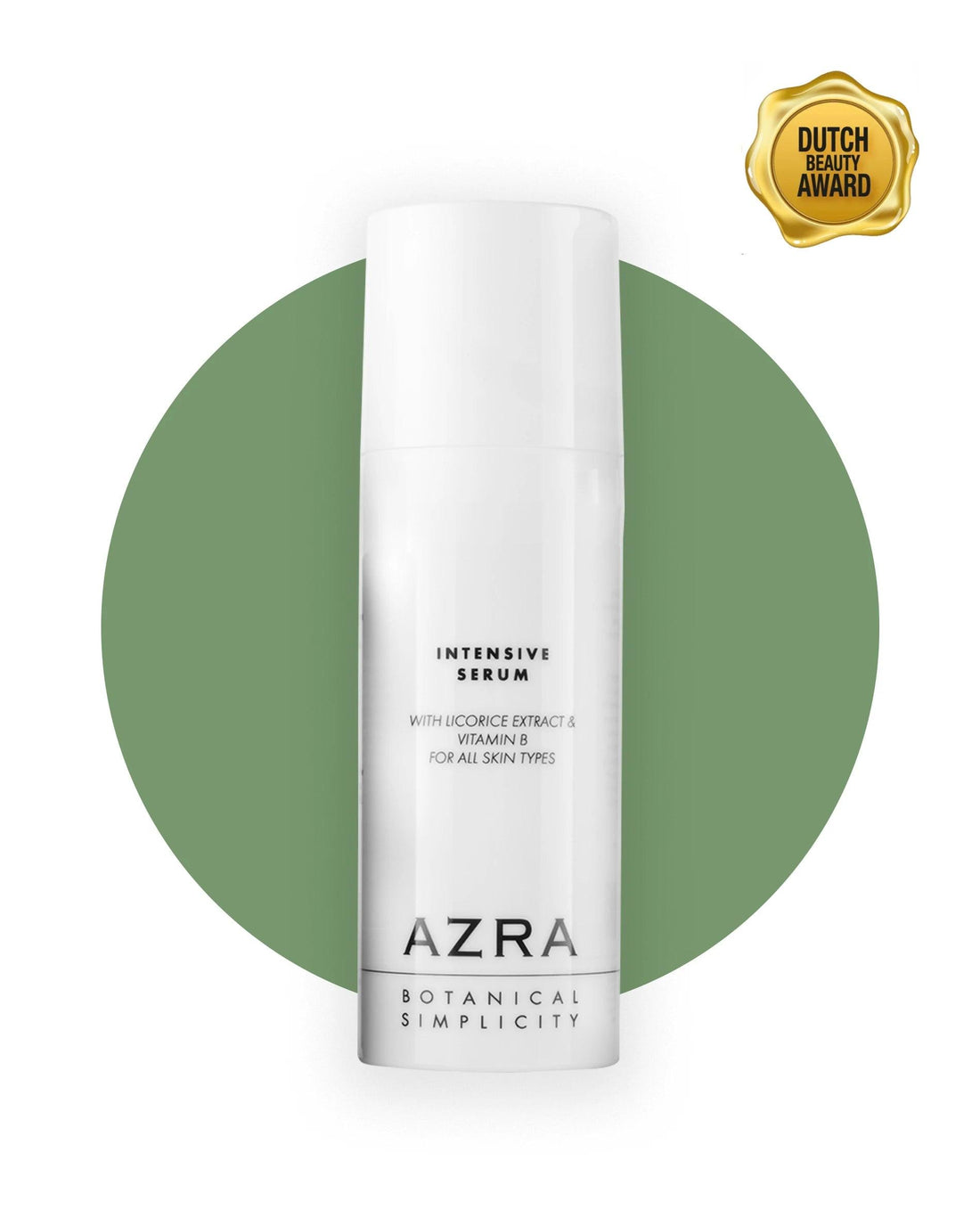Ceramides are a type of lipid (fat) molecule that plays a crucial role in maintaining the skin's barrier function and overall health. They are a natural component of the skin's outermost layer, known as the stratum corneum. The stratum corneum acts as a protective barrier, preventing the loss of moisture from the skin and protecting against environmental irritants and pathogens.

Ceramides are one of the key components of the lipid matrix within the stratum corneum, along with cholesterol and free fatty acids. Together, these lipids help to form a protective barrier that keeps the skin hydrated, smooth, and supple. The balance of these lipids is essential for maintaining the integrity of the skin barrier.
Ceramides contribute to skin health in several ways:
-
Maintaining Moisture: Ceramides help to prevent water loss from the skin, keeping it adequately hydrated. This is especially important for individuals with dry or sensitive skin.
-
Barrier Function: They contribute to the structural integrity of the skin barrier, helping to protect against external factors such as irritants, allergens, and pollutants.
-
Skin Repair: Ceramides play a role in the repair and renewal of the skin. They support the natural exfoliation process and contribute to the regeneration of healthy skin cells.
-
Anti-Aging: As the skin ages, the levels of ceramides may decrease. This can contribute to the development of fine lines, wrinkles, and other signs of aging. Using skincare products containing ceramides may help support aging skin.
Skincare products often include ceramides as an ingredient to support and enhance the skin's natural barrier function. These products may come in the form of creams, lotions, or serums. Additionally, maintaining a healthy lifestyle, staying hydrated, and protecting the skin from excessive sun exposure can also contribute to the overall health of the skin barrier.
The primary and most effective way to benefit from ceramides for skin health is through topical application in skincare products. Applying ceramides directly to the skin helps to replenish and support the natural lipid barrier, contributing to skin hydration, protection, and overall health.
Ceramides in skincare products can come in various forms, such as creams, lotions, serums, or even cleansers. These products are formulated to deliver ceramides directly to the outer layers of the skin, where they can integrate into the lipid matrix of the stratum corneum.
While there is ongoing research on the potential benefits of oral ceramide supplements for skin health, the evidence supporting their efficacy is not as robust as that for topical application. The digestive system may break down and modify the structure of ceramides, potentially affecting their effectiveness when taken orally.
If you are considering using ceramides for skin health, it's advisable to consult with a skincare professional. They can provide personalized recommendations based on your skin type, concerns, and overall health. Additionally, they can guide you on the most appropriate products and formulations for your specific needs.
Ceramide creams are skincare products formulated with ceramides as a key ingredient. These creams are designed to nourish and support the skin's natural barrier function. The goal is to enhance moisture retention, protect against environmental stressors, and contribute to overall skin health.
Here are some key points about ceramide creams:
-
Hydration: Ceramides play a crucial role in maintaining the skin's moisture balance. Ceramide creams help to replenish and reinforce the skin's natural lipid barrier, preventing water loss and keeping the skin hydrated.
-
Barrier Support: The stratum corneum, the outermost layer of the skin, acts as a barrier that protects against external factors. Ceramides, along with other lipids, contribute to the structural integrity of this barrier. Ceramide creams can enhance this barrier function, making the skin more resilient.
-
Dry Skin Relief: Ceramide creams are often recommended for individuals with dry or sensitive skin. They can provide relief for conditions such as eczema or dermatitis by addressing the compromised barrier and promoting skin repair.
-
Anti-Aging: As the skin ages, the levels of ceramides may decrease, contributing to the development of fine lines and wrinkles. Ceramide creams, when used as part of an anti-aging skincare routine, can help support the skin's natural renewal processes.
When choosing a ceramide cream, consider the following:
-
Ingredients: Look for products that not only contain ceramides but also incorporate other beneficial ingredients such as hyaluronic acid, antioxidants, and peptides.
-
Formulation: Ceramide creams come in various formulations, including lotions, creams, and serums. Choose a formulation that suits your skin type and preferences.
-
Product Recommendations: Consult with a skincare professional for personalized recommendations based on your specific skin concerns and needs.
-
Consistency: Consistent use is key to seeing results. Incorporate the ceramide cream into your daily skincare routine, applying it as directed.
Ceramide serums are skincare products that are specifically formulated to deliver concentrated amounts of ceramides to the skin. These serums are designed to provide intense hydration and support the skin's barrier function.
Here are some key features and benefits of ceramide serums:
-
Deep Hydration: Ceramide serums are known for their ability to deeply hydrate the skin. Ceramides help to lock in moisture and prevent water loss, keeping the skin plump and supple.
-
Barrier Repair: The stratum corneum, the outer layer of the skin, acts as a barrier to protect against environmental stressors. Ceramides contribute to the structural integrity of this barrier, and a ceramide serum can aid in repairing and strengthening it.
-
Soothing Properties: Ceramides are often recommended for individuals with dry, sensitive, or irritated skin. A ceramide serum can have soothing properties, helping to calm redness and discomfort.
-
Anti-Aging Benefits: Ceramides play a role in supporting the skin's natural renewal processes. Using a ceramide serum as part of an anti-aging skincare routine may help improve the appearance of fine lines and wrinkles.
When choosing a ceramide serum, consider the following:
-
Ceramide Types: There are different types of ceramides (e.g., Ceramide 1, Ceramide 3, Ceramide 6-II). Look for a serum that contains a mix of these ceramide types for comprehensive skin benefits.
-
Additional Ingredients: Some ceramide serums may also contain other beneficial ingredients, such as hyaluronic acid, antioxidants, or peptides, to enhance the overall effectiveness of the product.
-
Formulation: Consider the formulation of the serum. Some serums may have a lightweight texture, making them suitable for daytime use, while others may be more emollient and suitable for nighttime use.
-
Skin Type: Choose a ceramide serum that is suitable for your skin type. If you have specific skin concerns, such as dryness or sensitivity, look for a serum targeted towards those issues.
If you have specific skin concerns or conditions, consult with a skin therapist for personalized advice. Additionally, consistency in use is key to seeing the best results from any skincare product.









